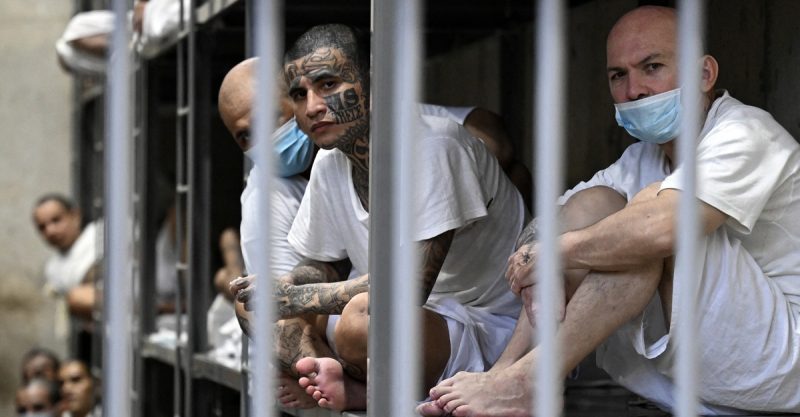
El Salvador’s recent history is a stark tale of two sides of the same coin: a dramatic decrease in gang violence, and a severe human rights crisis. For decades, the country was plagued by rampant gang activity, instilling fear in the hearts of its citizens. Then came President Nayib Bukele, promising a solution through his ‘iron fist’ approach, known as _la mano dura_. His strategy involved a state of exception, granting police sweeping powers to arrest anyone suspected of gang affiliation, bypassing due process and legal protections.
The results were initially stunning. Gangs, once a ubiquitous presence, seemingly vanished. Homicide rates plummeted, transforming El Salvador from one of the world’s most dangerous countries to one with a homicide rate comparable to Canada. This dramatic shift led many to hail Bukele as a savior, a testament to the effectiveness of his uncompromising approach.
However, this narrative overlooks a crucial aspect: the immense human cost. El Salvador now holds the dubious distinction of having the world’s highest incarceration rate, with an estimated 100,000 people imprisoned under the state of exception. Bukele himself acknowledges that some of these individuals are innocent, labeling them as ‘collateral damage’ or a ‘margin of error’. Reports from organizations like Amnesty International paint a grim picture of human rights abuses within the prison system, including deaths due to beatings, torture, and inadequate medical care.
The state of exception, initially intended as a temporary measure, has been extended far beyond its constitutional limit of 60 days, raising serious questions about the rule of law and the long-term implications of such drastic measures. While the reduction in gang violence is undeniable, it’s achieved at a price many consider far too high. The question remains: Can a nation built on security achieved through such widespread human rights violations truly be considered secure, or is it merely trading one form of instability for another? The long-term consequences of El Salvador’s Faustian bargain remain to be seen, but the current landscape suggests a complex and troubling reality.










